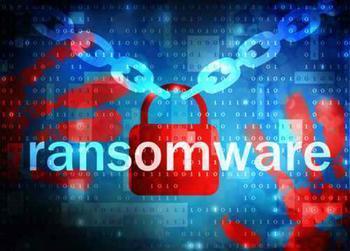Hackers Franchising their Malware
 (Mark Huffman @ ConsumerAffairs) Hackers may be forgiven if they think they have hit the jackpot. Their ransomware attacks, which began a few years ago, have proven to be money in the bank.
(Mark Huffman @ ConsumerAffairs) Hackers may be forgiven if they think they have hit the jackpot. Their ransomware attacks, which began a few years ago, have proven to be money in the bank.
Victims who are unfortunate enough to click on a link in an email download a program that encrypts every file on their computer or network. They can access nothing until they pay a Bitcoin ransom – usually a few hundred dollars, and receive a key to unlock their files.
Besides individual consumers, attackers also target corporations and organizations that might not have the most sophisticated protocols in place. It's a scam that pays off just about every time.
New and dangerous wrinkle
Now, there's a new and dangerous wrinkle that has law enforcement officials even more worried. Symantec reportssome clever ransomware developers have created a Trojan called Shark. The software is being provided to hackers who want to get into the ransomware game.
It's a turnkey product, meaning the novice hacker doesn't have to possess a lot of special skills to launch the attacks. The developers of Shark get 20% of any ransoms collected.
In other words, the ransomware enterprise appears to be evolving into a franchise. Shark is essentially the McDonald's of ransomware.
Exploding threat
That means this growing cyber threat could explode in the coming months. To try and counter it, the Federal Trade Commission (FTC) is convening a technology seminar September 7 to explore ways to deal with the growing threat.
In the meantime, the FTC says businesses and consumers need to exercise extreme caution with email, even messages that appear to be from familiar sources. Clicking on links in these messages can lead to paying a ransom to free the files.
Beyond using care in handling emails, the FTC says a good defense against ransomware is backing up everything on a system. However, if you back up to an external hard drive, disconnect it from your system when you aren't in the process of backing up files. That's because ransomware encrypts every file in your system, including those on other connected drives.
- Log in to post comments
- 2561 reads